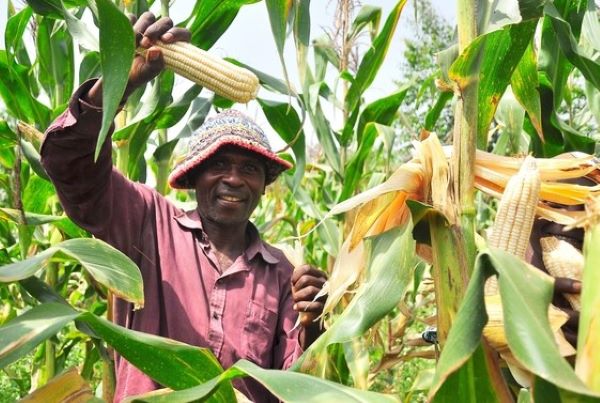Tanzania’s Ministry of Agriculture has issued new directives aimed at formalising trading of agricultural crops for the benefit of the East African country, its farmers and local and foreign traders.
According to Hussein Bashe, the country’s agriculture minister, the new directives, especially those imposed on the purchase of cereals directly from growers do not target any trading partner state but to emphasize compliance.
“We are not banning the export of our agricultural crops but jut requiring all traders to purchase the produce under formalised and outlined procedures,” said Bashe.
This is to set standard trading guidelines just as other countries where one cannot just go, buy the produce from farmers and cross the border back.
Rwanda, Uganda, Kenya, and Democratic Republic of Congo (DRC) among others are some of the countries which buy agricultural produce from Tanzania and which are also required to comply with the new directives.
Purchase via registered companies
In the new directives, foreign traders are required to purchase the agricultural produce via locally registered companies or firms established in the country by the foreign traders.
This, according to Bashe is to set the records straight over reports that maize millers from Kenya expressed concern over a new Tanzania directive banning the purchase of produce directly from farms by foreigners.
The millers had expressed supply fears since Tanzania is their main supplier of maize.
Agro-processors Association of Kenya expressed concern about the directives which come at a time Kenya is grappling with shortage of essential supplies necessitating a duty-free import window by the government.
“We are concerned about the new directives that my cause the prices to go up in both countries increasing the prices of the much sought-after maize flour,” said Anthony Wambugu, chairman of the association.
Cushioning farmers
However, according to Bashe, the move is also to cushion farmers from bad dealings after some cases arose where farmers from the country’s Southern Highland regions were sold their maize and paid fake notes.
“The new transformations are also aiming at enabling the country to gather accurate data of crops trading and that export transactions should be visible in the country’s economy,” said Bashe.
“There are reports about one exporter who received $5.1 million from Ugandan traders for crops export, but no bank details that support the payment,” he said.
Hence the formalisation aims to eliminate fake trade that has been behind the theft of money belonging to traders and farmers, lack of trade traceability and data discrepancy between Tanzania and its trade partners.
Payments via banking systems
The minister also said that Tanzania government will henceforth require all payments related to crops trading to be effected via banking systems instead of carrying cash in the briefcases.
The public notice dated May 23, 2023, signed by the docket’s Permanent Secretary Gerald Mweli, shows that the issued procedures for trading, procurement and formalisation of agricultural crops will take effect on July 1, 2023.
They will be supervised by the regional secretariats, Local Government Authorities (LGAs), the Tanzania Revenue Authorities (TRA) as well as other authorities.
“In this,” said Bashe, “we will be protecting our growers from con artists and against inconveniences by enabling all players to work within the laws and regulations.”
Furthermore, the document says the formalisation aims at enabling access to accurate information about trading of agricultural crops.
Trading centres
In the new directives district councils will also be required to identify and announce all agriculture crops trading centres before July 1.
The centres will have among others accredited weighing scales and have registered farmers as per their respective regions to ensure all levies are paid to respective councils as stipulated by laws and that export permits are secured from the ministry.
Crops’ movement order
Also in the new directives document is that traders transporting agriculture crops inside the country will be required to secure crops’ movement order to allow free movement of produce from one district to another or a region to another.
Export permits and phytosanitary certificates for agricultural produce are issued by the Agriculture Ministry through the Agricultural Trade Management Information System-ATMIS and brokers are prohibited for filing the applications.








